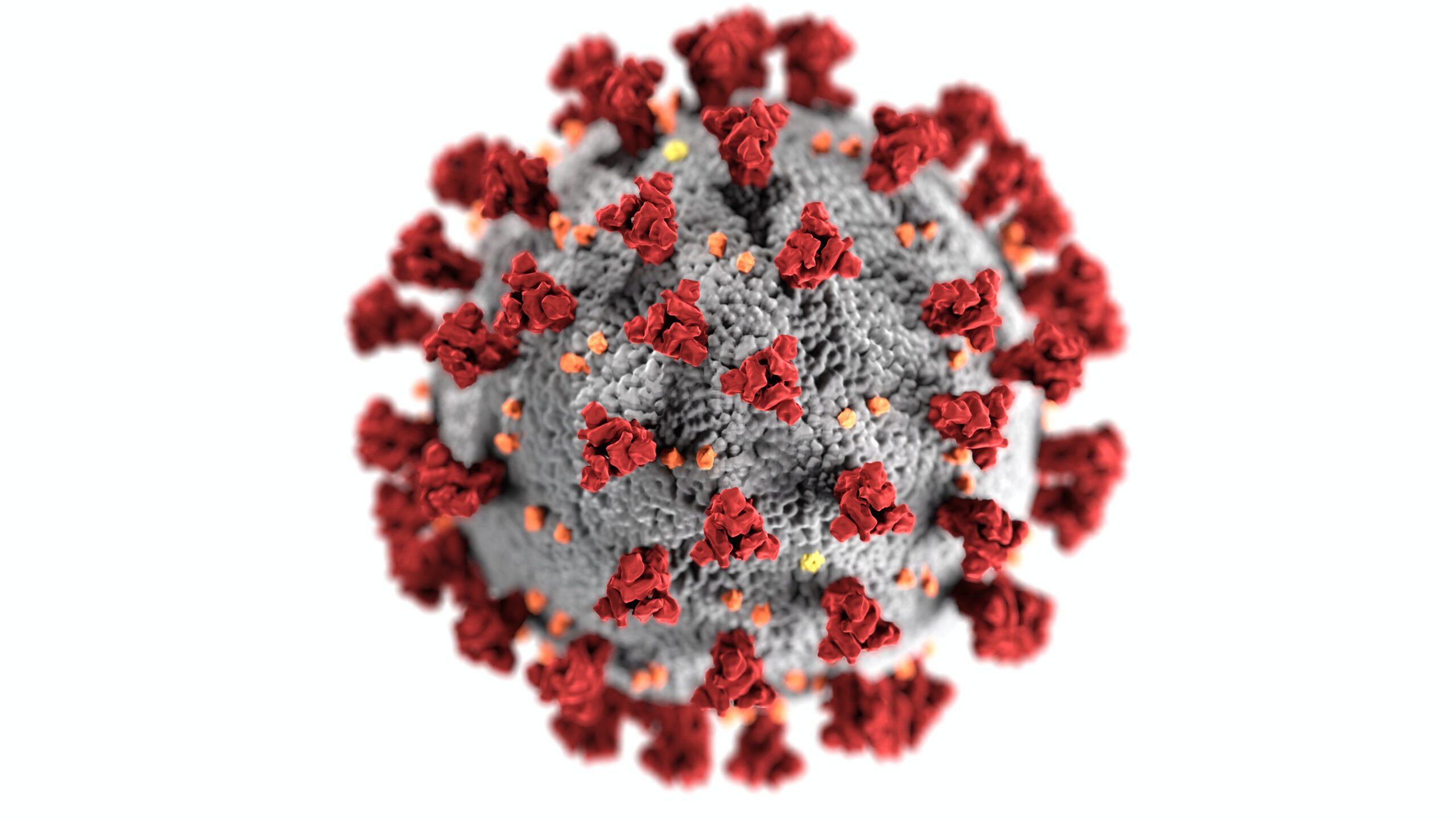How many of you have noticed a worsening of bowel symptoms after Covid or rather a new onset of previously absent bowel complaints?
Emerging evidence suggests that the microbiota is dramatically altered in patients with COVID-19.
- A first study in Guangdong Province, China, revealed that the respiratory microbiota in patients with COVID-19 had reduced α diversity and elevated levels of opportunistic pathogenic bacteria
- Gut dysbiosis in patients with COVID-19 has also been studied. A metagenomic analysis of 15 COVID-19 patients revealed that their fecal microbiomes were deficient in beneficial commensals and abundant in opportunistic pathogens. The researchers showed that compared with the gut microbiomes of healthy people, those of patients with COVID-19 had low abundance of the anti-inflammatory bacteria Lachnospiraceae, Roseburia, Eubacterium and Faecalibacterium prausnitzii. Gut dysbiosis persists even after the elimination of SARS-CoV-2 infection or recovery from it.
- Another study observed relatively increased proportions of opportunistic fungal pathogens such as Candida albicans, C. auris and Aspergillus flavus in the feces of patients with COVID-19
Metabolites or components derived from can protect us and activate our pulmonary antiviral immune defenses through the gut-lung axis during the early stages of SARS-CoV-2 infection. For example, deaminotyrosine (DAT) is a bacterial metabolite derived from flavonoids. DAT has recently been shown to protect the host from influenza infection by initiating a cycle of type I interferon (IFN) signal amplification.
Want to find out what dietary strategies or natural supplements can support the microbiota in defending against viral infections? Chat with me or visit the blog www.disbiosidoctor.com

